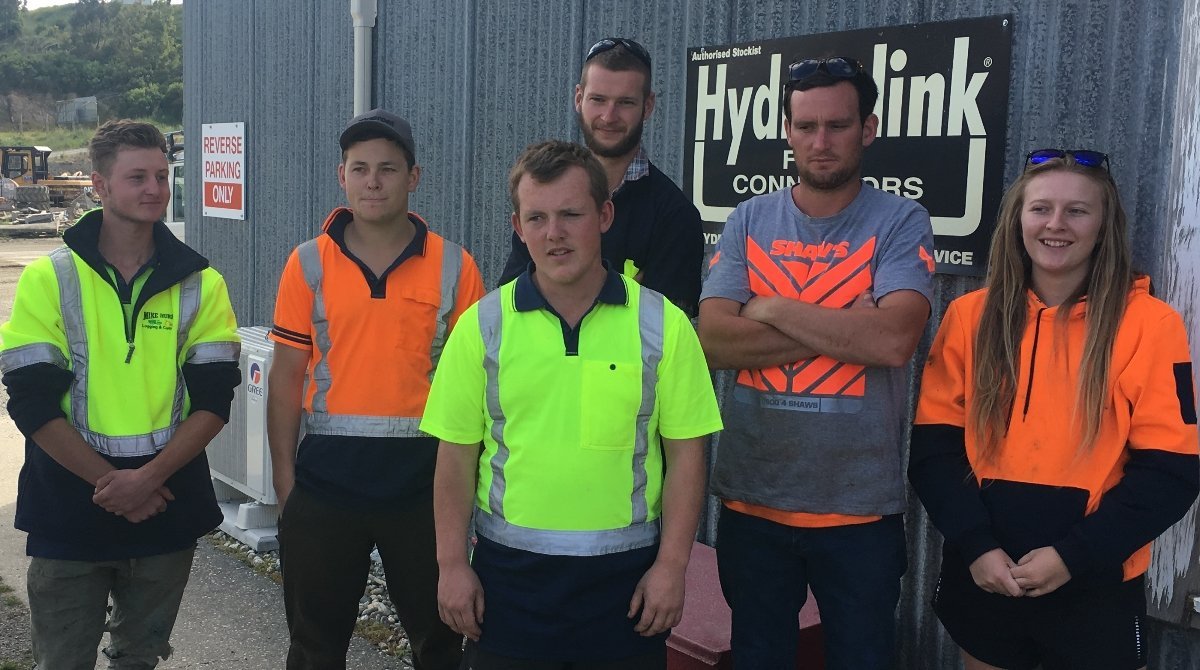
Skills shortages and attracting new entrants into harvesting operations is a major issue within the forestry industry right now. It’s been this way for some time and it’s not unique to any one region. In fact, the same issue is being grappled with in every other country with an active forest industry. Harvesting crews are continually being challenged by the lack of young skilled people available to work in rural areas.
To address the issue, some forestry companies and contractors are now working alongside some of the technology institutes. The aim is get younger people trained in practical operating skills, particularly around mechanised harvesters. “We’re looking for early risers, hard workers and those interested in running and operating multi-million dollar forest harvesting machines” says the Southern Wood Council Chairperson, Grant Dodson.
Monday this week saw the start of a new scheme in the lower South Island of New Zealand. It’s aimed at helping train the future generation of forestry machine operators in Otago and Southland. In Otago alone, it’s estimated that another 40 logging crews will be required in just the next 6 years.
One logging contractor, Mike Hurring, frustrated with the lack of trained youngsters coming into the industry, a couple of years ago purchased his own training simulators based on a John Deere mechanised harvester. It was set up in a purpose-built facility at Balclutha. The centre’s 12ha property in addition to the simulator and training room, allows hands-on experience on a loader, harvester, forwarder and a processor.
With the backing of local forestry companies and Competenz, the first group of six apprentices (photo) drawn from logging crews across the region started a new course at Mike Hurring Logging, under the experienced eye of Neville Muir. The apprentices will come together for five one-week training blocks over the next 10 months. They will concentrate on theory units, basic machine and chainsaw operation in the first week, with time each day set aside to use the simulators that have been set up in a designated operator suite.
Following the 10 months of centralised training, apprentices who pass the course will come out with two level 3 qualifications, basic machine operator and manual processing. The intention is then they continue with normal assessments back in their crews working towards level four machine operator qualifications. “It’s hoped that if successful, that a second stream of apprentices will be put through the same training programme after 10 months” says Mr Dodson.
This new venture could not have got off the ground without the financial support of forest owners and management companies these young people work for, Rayonier-Matariki Forests, Log Marketing, IFS Growth, and Ernslaw One.